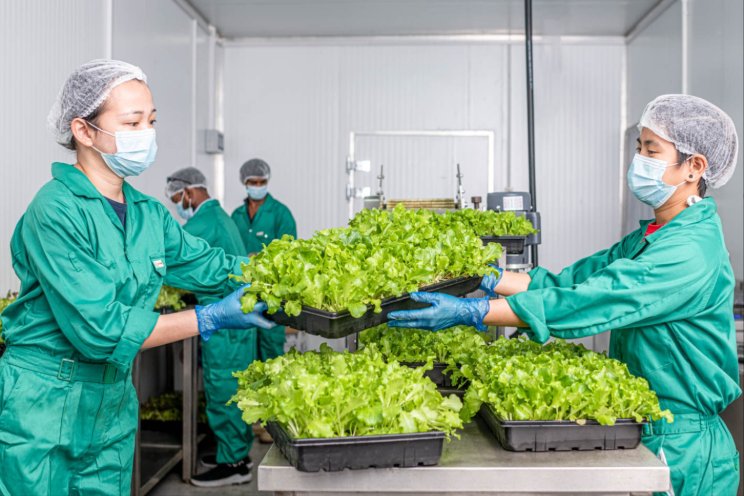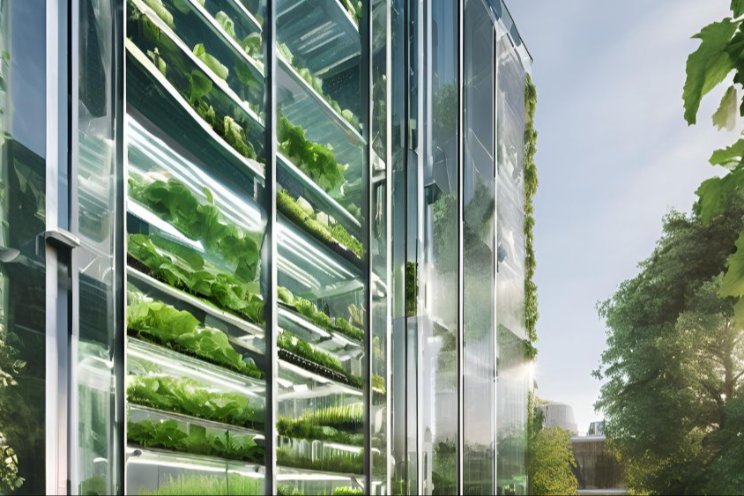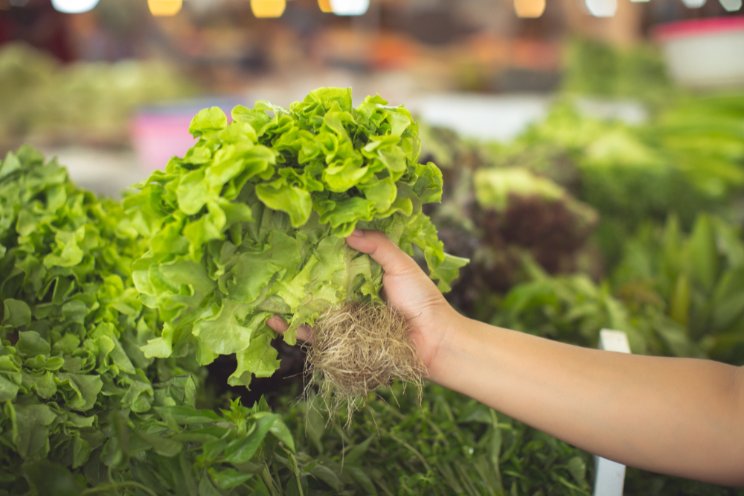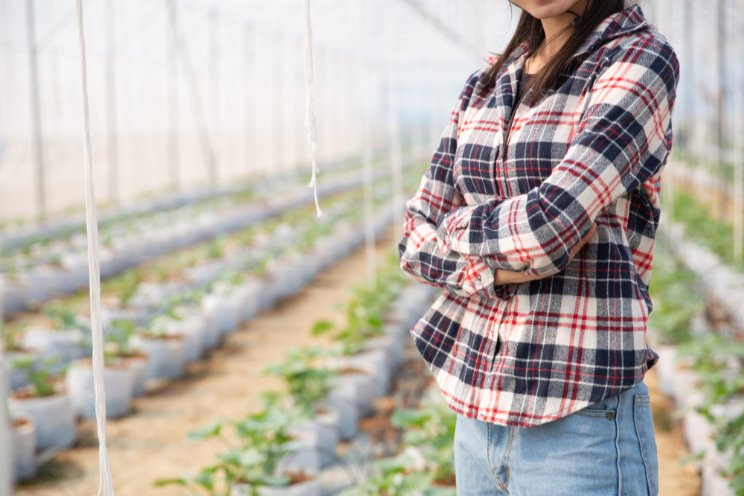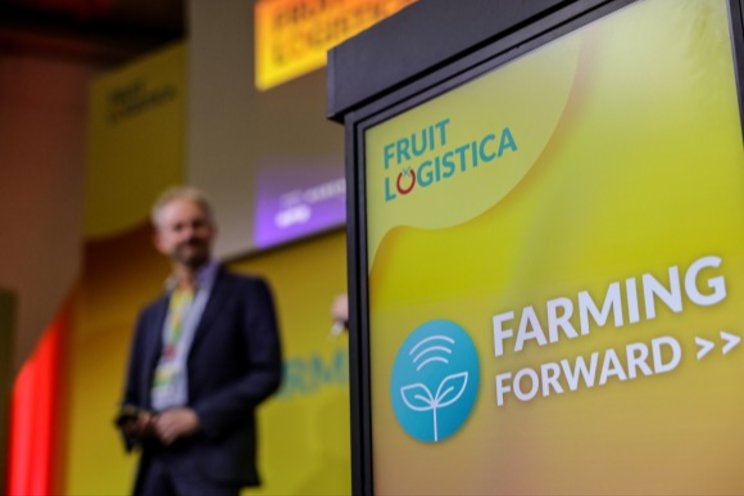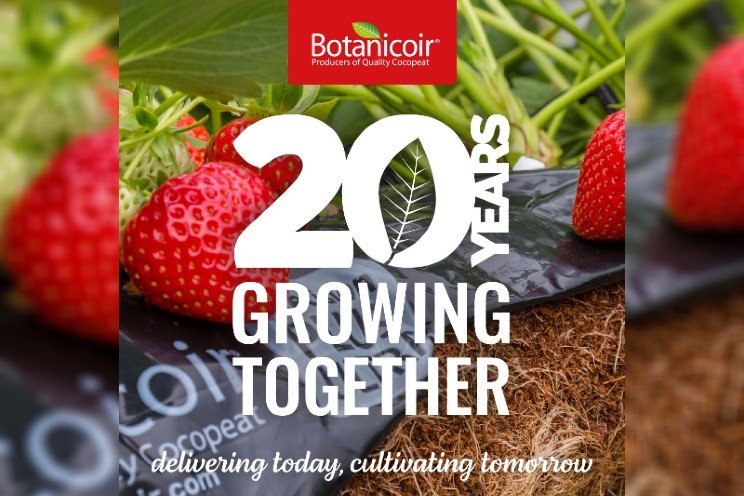5 agriculture topics any climate-related event should include
Added on 26 September 2022

With the passing of the Inflation Reduction Act and the added $20 billion to make the U.S. more food secure and our farming practices more environmentally friendly, we expect to see both an increase in and a deepening of these conversations. Since climate-smart agriculture can only be achieved through the adoption of multiple solutions, or a hybridization of agriculture as we like to call it, we believe that all climate-related events should include discussions surrounding at least these 5 topics.
1. Regenerative Agriculture and Nature-Based Solutions
Numerous practices under the umbrella of regenerative agriculture, many of which stem from indigenous knowledge, have been shown to increase soil health and biodiversity, while also showing an ability to sequester carbon. Importantly, many farmers also argue that profitability can be significantly increased due to lowered reliance on expensive chemical inputs, thanks to techniques such as crop rotation, holistic grazing, and cover cropping that can add nutrients back to the soil. More than just an explicit set of production practices, this way of farming is known as "agroecology", and refers to working with, rather than against, nature. This approach is gaining popularity due to increasing fertilizer and pesticide costs, fragile ecosystems that provide essential water and air quality services, and increased attention for local and regional food systems.
However, the long-term potential and total quantity of carbon storage is still very much up for debate. Furthermore, any change to a farmer's process costs time, money, and carries a level of risk. Incentives to derisk the transition to more sustainable production practices such as carbon credits, ecosystem service credits, and creative financing solutions may play a crucial role in facilitating the transition. Building markets, and key infrastructure, for cover crops such as oats and peas will also help facilitate their wider adoption. And finally, many farmers want to see a guaranteed market to sell their crops into - ideally one that carries a premium for regeneratively-grown products. This means that major food companies must play a critical role in opening up these opportunities by driving the market, while also ensuring integrity by reporting on their metrics and standards.
Image by Drazen Zigic on Freepik
Source: Agritecture
More news
